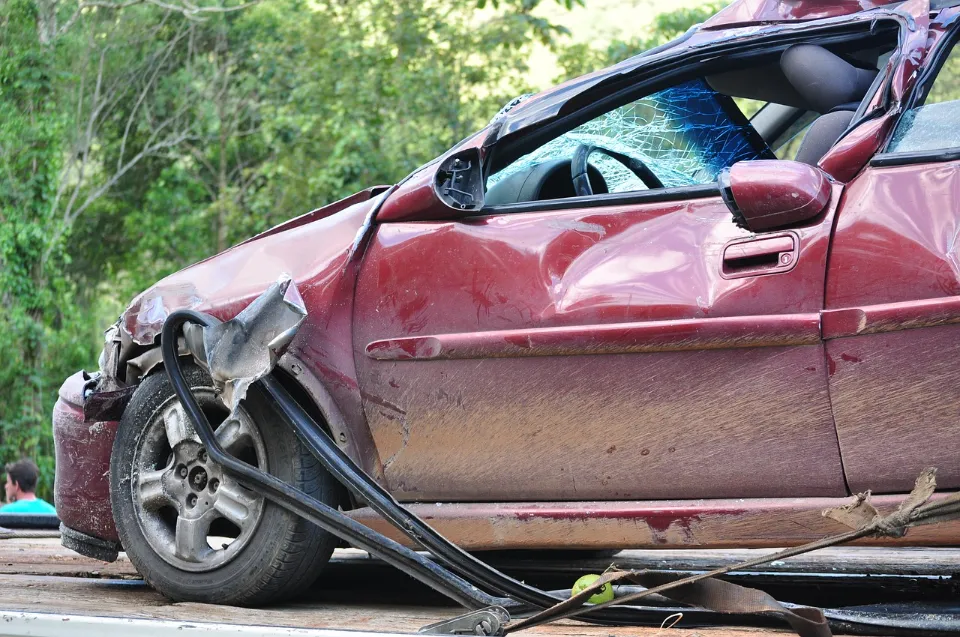Car insurance can be challenging, especially if you’re new to the Canadian market. We’ve briefly covered some frequently asked questions to give you a better understanding of the subject if you’re unclear about what car insurance is, what kind of coverage options you have, or how to obtain it. It’s also a good idea to thoroughly understand how car insurance operates and what kind of insurance you need to buy before you hit the open road because it’s against the law to drive your car without insurance and because insurance exists to protect you as the owner/driver. Alternatively, any road. So let’s start with the fundamentals.


What is Car Insurance, Do You Need It to Drive?
You must purchase car insurance as a requirement if you want to be protected from the financial loss that could result from any potential accidents. For example, having car insurance can help protect you if you’re held responsible for an accident that causes damage to another person or their car. Additionally, it can shield you from having to foot the bill for damage to your own car caused by an accident for which you were at fault if you have enhanced coverage. After you and your insurer have signed a contract, you will be responsible for paying a premium to keep your auto insurance policy in effect and prepared in case something unfortunate happens to you or your vehicle. To legally drive a car in Canada, you must have insurance on it because an insurance policy follows the vehicle and not the driver. The policy, however, must take into account each driver and their appropriate assignment. For instance, if you have a license, don’t own a car, but frequently drive someone else’s, you’ll probably need to be added to that person’s auto insurance plan in order to be adequately protected. On the other hand, if you’ve paid cash for your car, leased it, had it financed, or purchased it outright, you’ll need to get your own car insured before you take it out on the road. In addition to the legally required mandatory coverage, there are additional optional coverages you can add to your policy to improve your protection; we’ll go into more detail about these optional coverages below.



How Does Car Insurance Work in Canada?
Because it changes from province to province, there isn’t a one size fits all answer to this question. Although auto insurance is required from coast to coast, it is governed at the provincial level rather than at the federal level. Then, public insurance and private insurance are separated in Canada’s system of auto insurance. Naturally, some provinces operate on a little bit of a hybrid of both systems in order to keep things interesting. Let’s move on to some examples of these various types so we can see how they vary.


What’s Public Car Insurance?
According to the definition of “public auto insurance,” the organization that insures your vehicle and those of every other driver in that province is a government-owned business. You might also be able to extend your insurance coverage through a privately held, publicly traded, or mutual insurance company under the public insurance system.



What’s Private Car Insurance?
Private car insurance means that the companies that offer insurance to you (and everyone else in the province) are privately owned, publicly traded, or mutual companies. For instance, we provide many different kinds of auto insurance coverages at TD Insurance, a fully owned subsidiary of publicly traded TD Bank.
What Provinces Currently Offer Public Vs Private Car Insurance?
The government controls the auto insurance market in Manitoba, Saskatchewan, and British Columbia. Non-public insurers can, however, only provide optional extra coverages in British Columbia. In all other provinces and territories, auto insurance is offered by privately owned insurers. Except for Quebec, which uses a hybrid model of the two. Only bodily injury insurance is managed by the public insurer in Quebec; all other coverages, such as civil liability, collision, and/or comprehensive, are handled by private insurers.1

